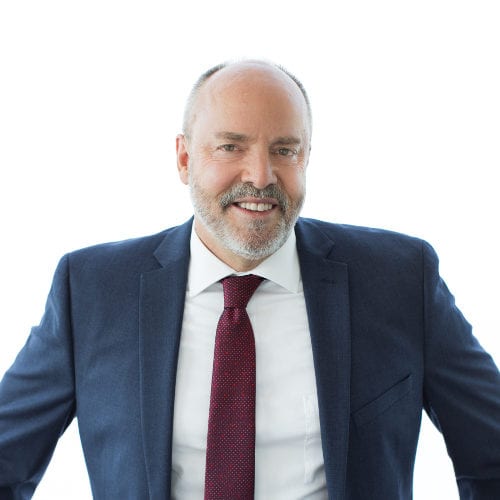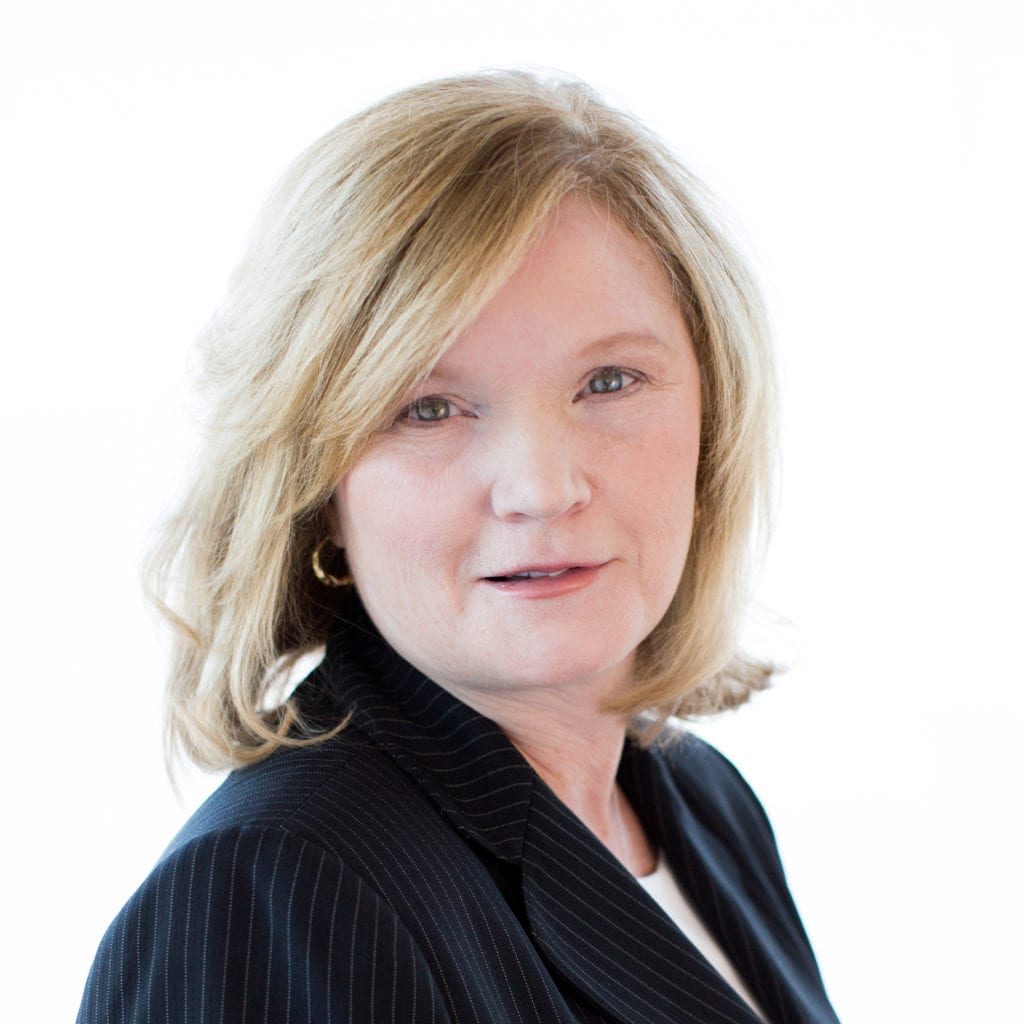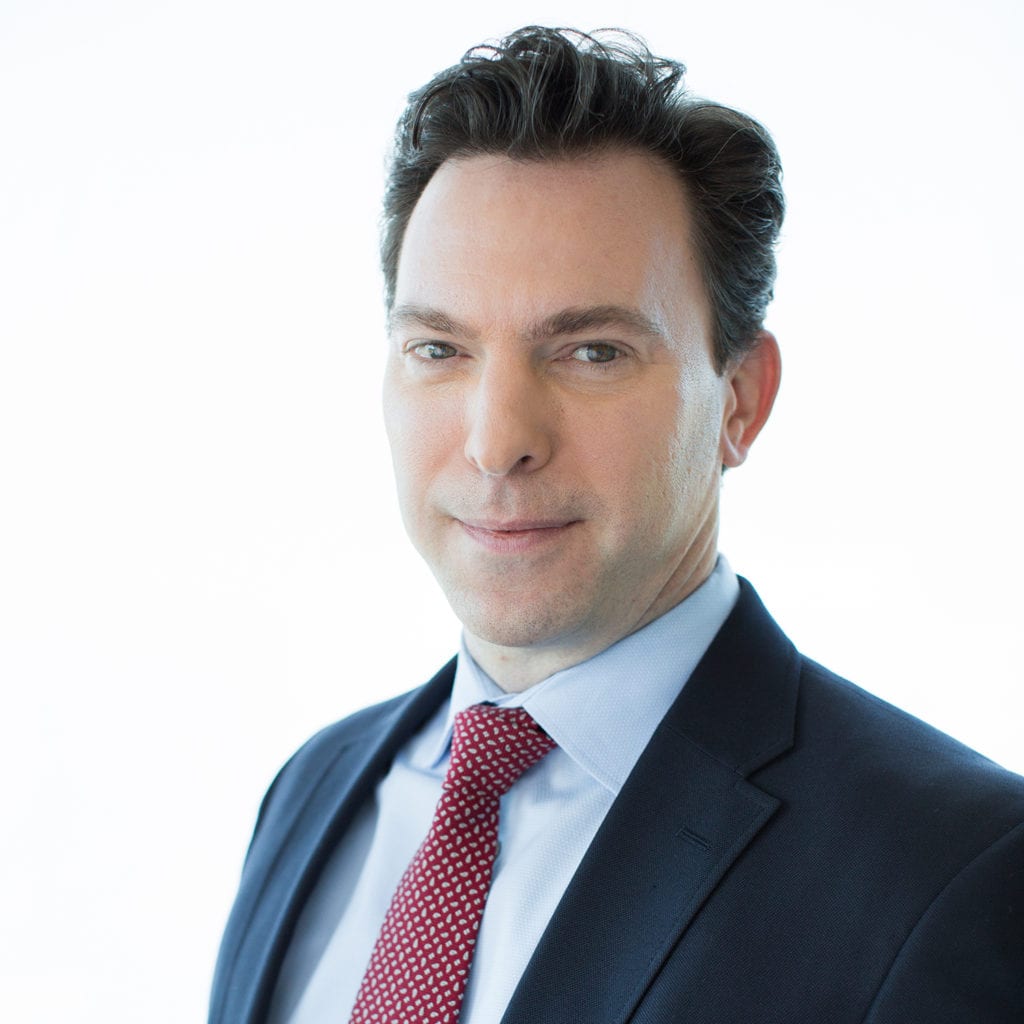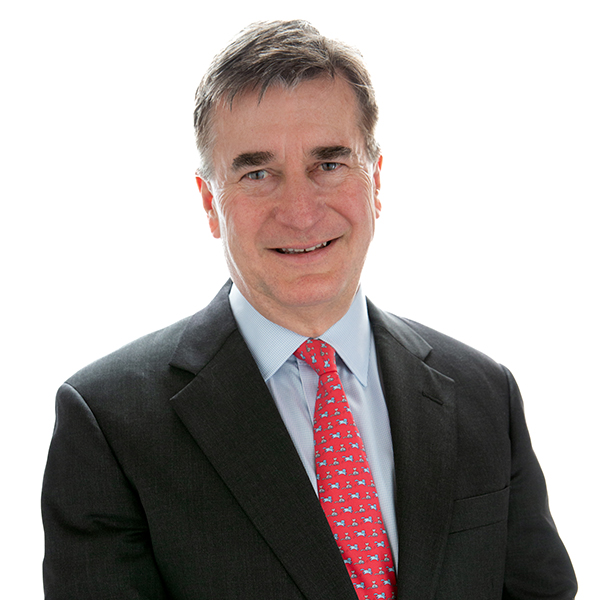
Share this Article
Building Trust with Your Patients in an Era of Mistrust
By Thomas J. Bryant, ARM
President, Physicians Insurance
October 7, 2022
Trust — it’s the foundation any relationship, and the patient-physician relationship is no different. Patients’ trust in their physicians is an important factor in achieving patient satisfaction and improved outcomes and in minimizing malpractice risk.
THE PROBLEM
The past few years have been marked by public mistrust — mistrust in the government and institutions, in science, and yes, in physicians. The COVID-19 pandemic and the political environment of late has made public mistrust clear, but it is not a new phenomenon.
Mistrust in medicine makes the physician’s job more difficult and has health consequences for patients. Studies have shown that mistrust in the health care system is associated with poorer self-reported health. And mistrust of health organizations results in underutilization of health care, which can mean delays in diagnosis and treatment.
THE TRENDS
Many factors may contribute to this lack of confidence. With the rise of the Internet, people have greater access to information, including medical information that may conflict with their doctors’ advice. The COVID-19 pandemic led to what the World Health Organization has termed an “infodemic,” an epidemic of information. The overwhelming amount of information — and misinformation — available from digital and physical sources leaves people confused and mistrustful.
Media and social media often focus on stories about outliers (for example, health care companies putting profit over patients). In an environment of rising health care costs, this can lead patients to question the motives for diagnostic and treatment recommendations.
There are generational differences in levels of medical trust as well. One survey found that 74 percent of Baby Boomers trust the health care system “some” or “a lot,” but only 44 percent of Generation Z (people in their teens and 20s now) do.
And certainly, personal and historical experiences with implicit bias, medical gaslighting, and racism in the health care system contribute to medical mistrust.
Despite the growing sense of mistrust, Americans trust physicians more than they trust federal, state, and local health agencies, and organizations like the Red Cross, according to a 2021 survey by the Robert Wood Johnson Foundation. And they trust physicians more than they trust the health care system as a whole. Sixty-seven percent of survey respondents trusted physicians “a great deal” or “quite a lot.”
On the flip side, however, 31 percent of respondents trust physicians only somewhat, very little, or not at all.
Surveys of physicians and the general public conducted in 2021 by NORC at the University of Chicago might give some insight as to what physicians can do to help build trust. The surveys found that physicians understand the importance of trust-building behaviors, such as listening and showing empathy, but they do not always demonstrate those behaviors with their patients. Twenty-five percent of patients surveyed felt their doctor didn’t spend enough time with them, 14 percent felt the doctor didn’t know them, and another 14 percent felt the doctor didn’t listen.
THE SOLUTION
These patient experiences may be improved by being intentional in each patient encounter in order to improve the patient-physician connection. One study published in the Journal of the American Medical Association identified the following practices to improve patient trust and outcomes:
- Prepare and focus before greeting the patient.
- Listen intently and avoid interruptions.
- Articulate and agree with the patient on priorities.
- Connect with their story (consider life circumstances, acknowledge positive efforts, celebrate successes).
- Acknowledge and validate the patient’s emotions.
As in any relationship, building trust with your patients takes time, concerted attention, and communication. But the payoff to your practice of improved trust is improved patient outcomes, more satisfied patients, and better patient encounters.
Further Reading & Listening
Invisibilia Podcast, Therapy Ghostbusters, NPR, September 23, 2022
Medical Economics Top Challenges of 2022: Loss of Trust in Physicians





